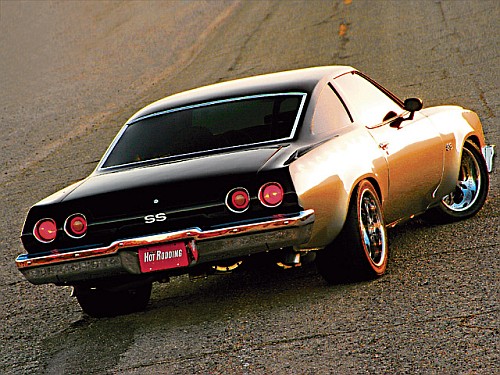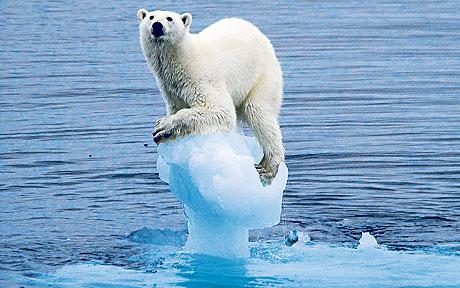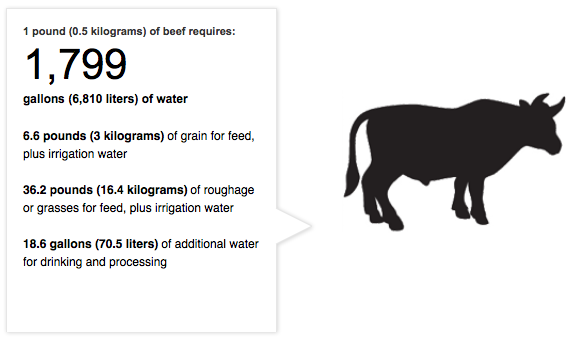The concept of Global warming is far from a new idea. In my lifetime it has passed from scientific warnings that fringe environmentalists advocated, to huge commercial success and acceptance in most households. It is now fairly simple to buy almost any product type in a “green” option. I must admit that I’m not convinced that buying more crap labeled green has much of a positive impact. Bio-degradable plastics break down faster, but release methane and other greenhouse gasses at a higher rate.
Most opponents of “Global Warming” now acknowledge that Climate Change is indeed happening, but the debate now seems to concern whether humans are having an impact or it is just the natural cycle of the planet. Scientists seems to think that we do have an impact (but what do they know, they’re only scientists) and that there are changes that need to be made to manage the severity and pace of our influence.
When we look at scientific evidence or actually think about what could make a positive impact or less of an impact it usually comes down to lifestyle changes. And those tend to be much more difficult. Especially in the U.S. where we enjoy a give me convenience or give me death attitude, making across the board lifestyle changes are difficult. Many would argue that we have gone to war to secure American interests in the Middle East. While the Iraq war seemed to upset many Americans, people were still living in their bubble convenient life.
Americans tend to be a work obsessed society that values time above much else. Time (or a lack thereof), according to numerous infomercials, is the excuse Americans use to avoid exercise. I fear that is a common excuse that many lean on to avoid lifestyle changes that could make a positive difference. I know I’m guilty of it. My wife and I have a list that goes on and on: Solarize the house, start a garden, make furniture, eat better, etc. While we are able to chip away at our list and “do our best”, I’ll admit that there is still a long way to go. We still live a life that is causes more negative environmental impact than positive. I like our Swiffer (very un-green), I like my 70’s muscle car (also very un-green), I like having a good hamburger from time to time (same as above). The fact that global changes to our environment happen at a relatively (to a person) slow pace it is easy to rationalize this type or behavior.
Speaking of delicious hamburgers, I stumbled on this National Geographic information site and was quite impressed/disturbed.
The sad truth is that this is a fight for global leaders and politicians. While there has been some positive change throughout I have little faith in these people. I tend to find their decisions to be too complicated, corrupt and compromised to provide much hope. That leave’s climate change and environmental impact to individual people. Here again I am left feeling short of optimism. Especially in my case. I like the American lifestyle, even if I do feel a twinge of guilt from driving my muscle car down the road while eating a hamburger, it’s not enough to inspire a change.
Edited by:




Dear Dave,
I enjoyed your post! You bring up a very valid point, unless everyone in the world makes significant lifestyle changes the negative environmental impacts can’t be completely stopped. People are too comfortable with their lives to make severe changes. Obviously, the small steps different individuals take will help make a difference but it can’t put an end to global warming.
Sepeedeh
Hi David!
I enjoyed seeing your thought process in your post. Even when we know there are choices that are logically better for the environment, it’s hard to make those changes.
I actually gave up beef from my diet about three years ago because the negative environmental impact stunned me. But I don’t think everyone should do the same. Obviously personal choice is the most prominent reason, but beef and others meats are also crucial ingredients in traditional cultural meals for many. And as we learned from Peter Byck, cattle ranching doesn’t have to have negative environmental results!
Alex